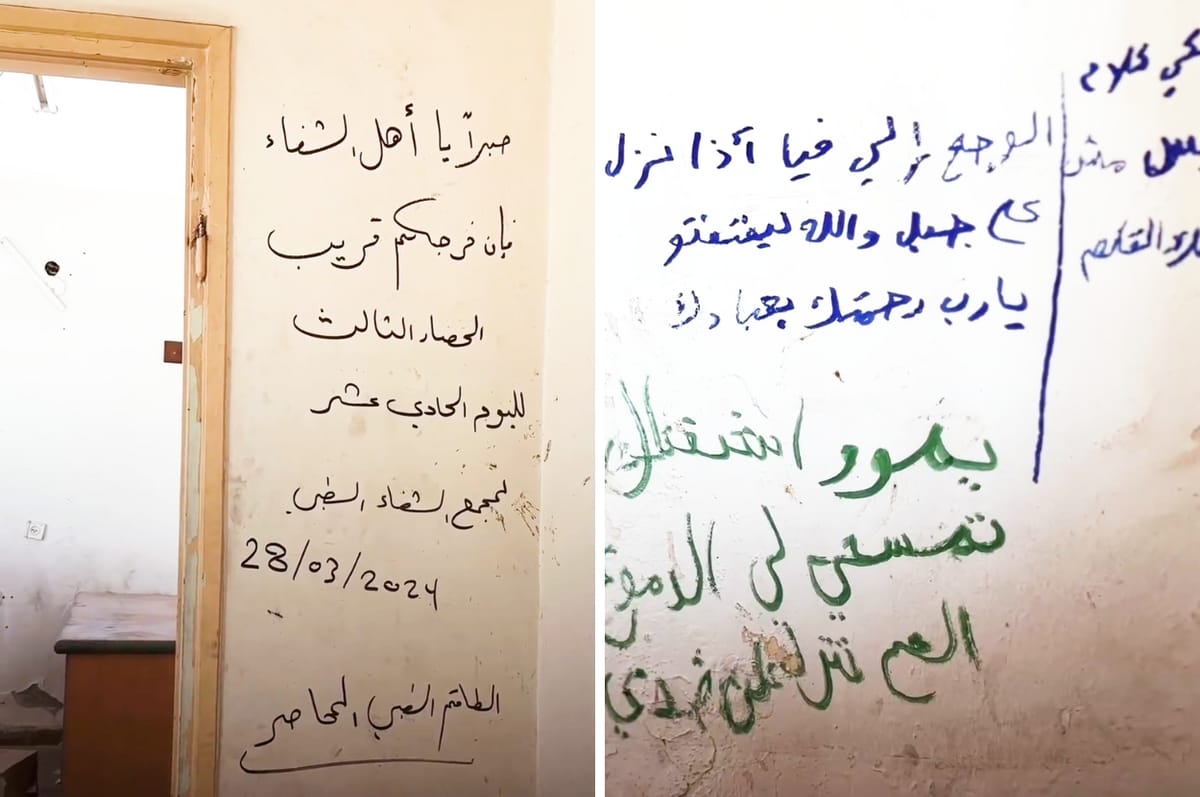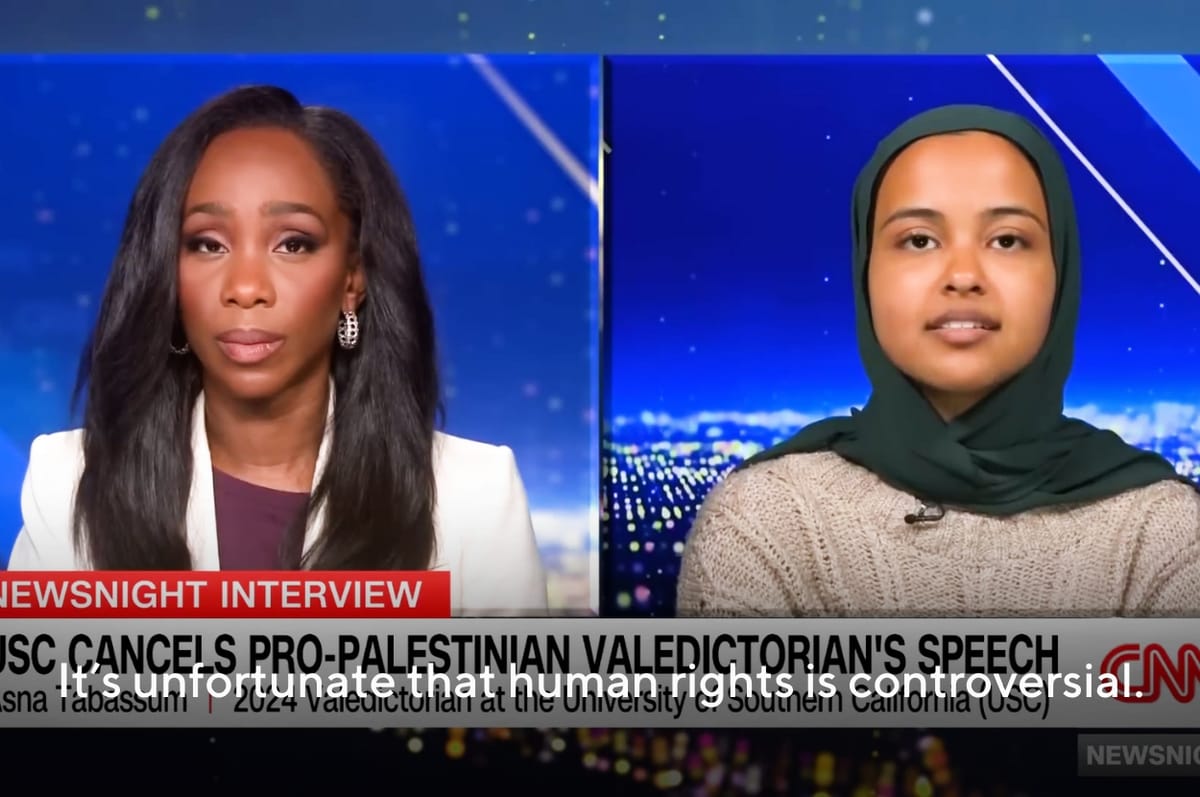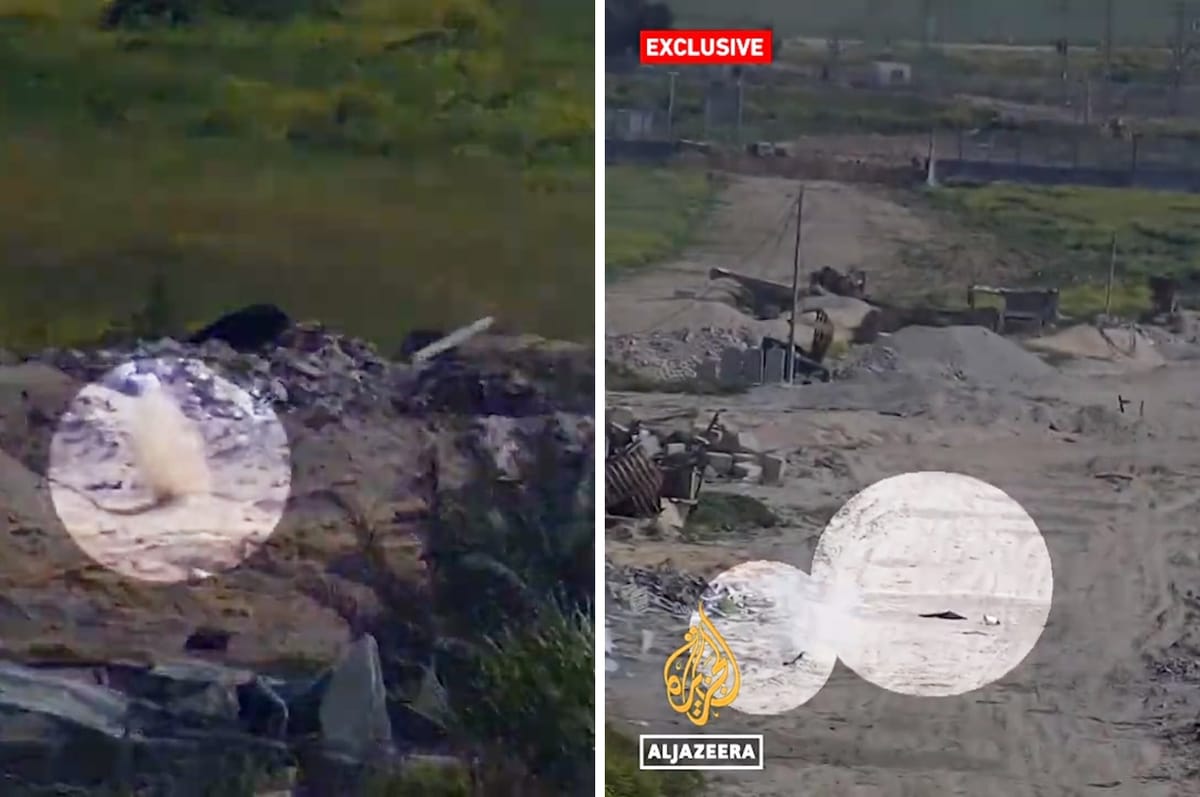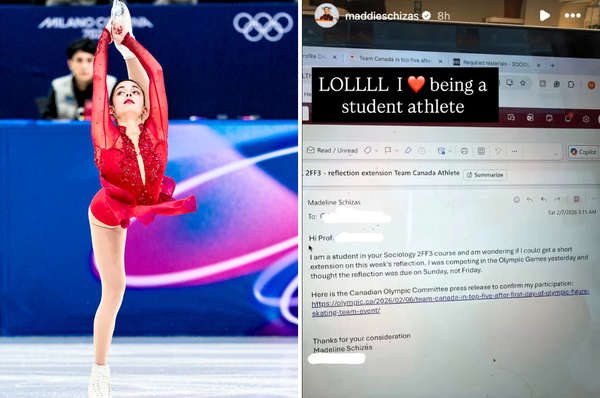Here’s What Happened In The War In Gaza In April 2024
Take a look back at some of the updates on Israel's war on Gaza in April 2024.
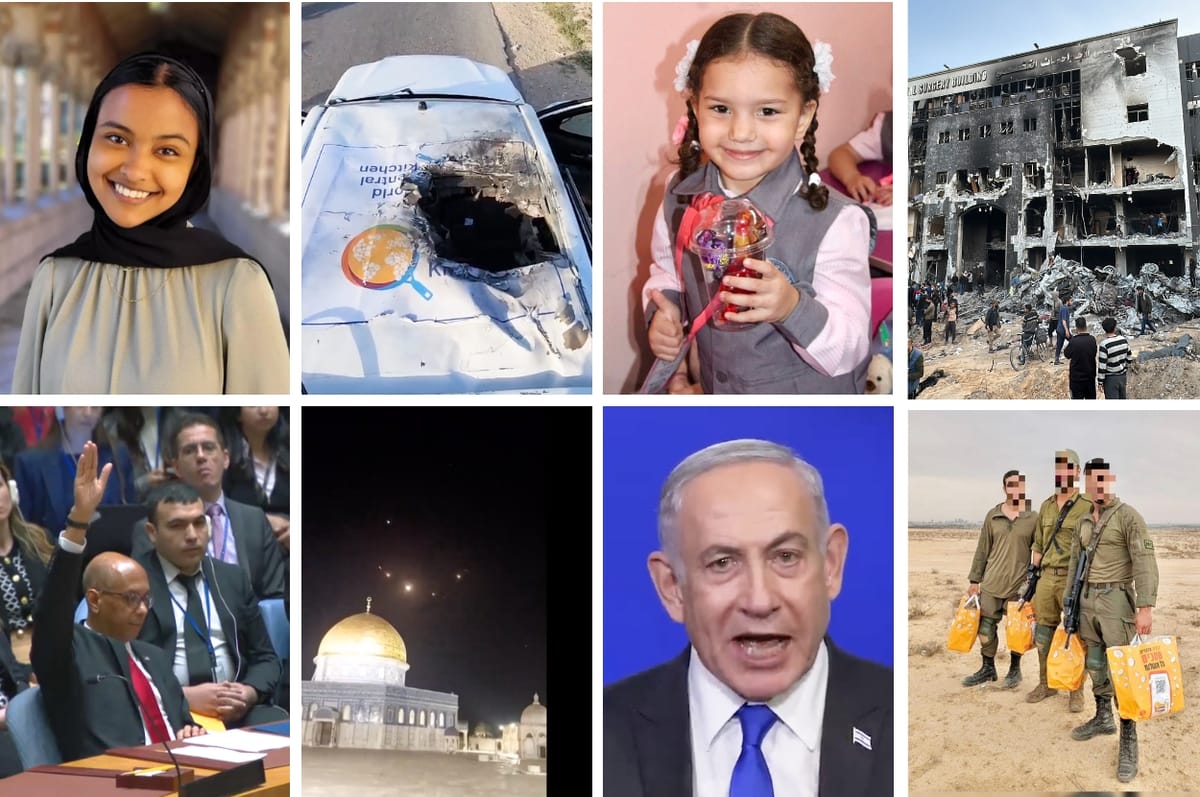
Take a look back at some of the updates on Israel's war on Gaza in April 2024.
1. After Israel bombed Iran’s consulate in Syria, Iran fired hundreds of missiles at Israel as the years-long shadow war burst into the open
After Israel bombed Iran’s consulate in Syria, Iran has fired hundreds of missiles and drones at Israel.
On April 1, Israel launched an airstrike on the Iranian consulate in Damascus, Syria, and killed 16 people, including three top Iranian commanders.
Israel did not directly claim responsibility for the attack but multiple Israeli officials confirmed the attack.
Diplomatic and consular buildings are given special protection under international law, and an attack on an embassy is considered an attack on the country itself.
Syria’s foreign minister condemned Israel’s actions, calling it a terrorist attack that killed innocents.
Two weeks after Israel’s attack, Iran responded on Saturday, April 13, launching a barrage of drones and missiles at Israel in its first ever direct attack on Israel.
Two weeks after Israel’s attack, Iran responded on Saturday April 13, launching a barrage of drones and missiles at Israel in its first ever direct attack on Israel.
Iran’s allies in Lebanon, Iraq and Yemen also fired rockets, drones and missiles at Israel.
Israel and Iran have been in a years-long “shadow war” for power in the Middle East, with both accusing each other of attacking their interests
Sirens blared across Israel and explosions were visible in the sky as waves of missiles reached the country after several hours.
Major airlines across the Middle East canceled and rerouted some of their flights, as several countries in the region closed their airspaces.
99% of the missiles and drones from Iran were intercepted by Israel, with help from the US, UK, France and Jordan.
Israel’s army said on Sunday that the Iranian strikes caused “minor damage” but no casualties, with only a seven-year-old girl being injured.
2. Israel targeted and bombed a convoy of international aid workers from World Central Kitchen delivering food into Gaza, killing all 7 aid workers
Israel targeted and bombed a convoy of international aid workers delivering food into Gaza, killing all seven aid workers.
The aid workers for charity World Central Kitchen were attacked after they unloaded more than 100 tons of food aid at a warehouse in Central Gaza on Monday, April 1.
As they were driving along a route that had been pre-approved by the Israeli military, Israeli forces ordered a drone operator to attack one of the aid trucks with a missile, according to Israeli newspaper Haaretz.
Some of the passengers then switched to the second car and kept driving, notifying the people responsible they had been attacked, Haaretz reported.
But seconds later, another missile hit the second car.
The aid workers then tried to transfer their injured colleagues to the third car but then were hit by a third airstrike that killed them all.
3. Israeli forces finally withdrew from Al-Shifa Hospital after besieging and attacking it for 14 days
After 14 days of besieging and attacking Gaza’s Al-Shifa Hospital, Israeli forces have finally withdrawn, leaving it in total destruction and completely burned.
Photos of the aftermath on Monday, April 1st showed bodies scattered in and around the remains of the hospital.
Some of the bodies appeared to have their hands and feet tied while others had been crushed by tanks or bulldozers.
Medical crews found at least 300 bodies, many of them decomposed, according to the Palestinian ministry of health.
Some 3,000 Palestinians including patients, civilians and medical staff had been sheltering inside Al-Shifa, which used to be Gaza’s biggest hospital but is now out of service.
4. As Ramadan drew to a close, Israeli forces fired tear gas at worshippers praying at Al-Aqsa Mosque on the holiest night
Israeli forces fired tear gas at worshippers in Jerusalem’s Al-Aqsa Mosque after they performed dawn prayers on one of the most sacred nights in the Islamic calendar.
This year, April 5 is the 27th night of Ramadan, which is believed to be Laylat Al-Qadr or the Night of Power.
Laylat Al-Qadr is one of the most important nights in the Islamic calendar as Muslims believe it was the night when the holy Quran was revealed to the Prophet Muhammad.
Although the exact date of Laylat Al-Qadr is unclear, it is a commonly held belief that it falls in the last 10 nights of Ramadan and is most likely the 27th night.
This year, more than 65,000 worshippers gathered to perform dawn prayer at Al-Aqsa Mosque, Islam’s third holiest site, on the 27th night, despite Israeli security restrictions.
After praying, thousands of worshippers started chanting slogans to protest against Israel’s war on Gaza, but they were met with violence as Israeli forces began firing tear gas at them.
Israeli forces also arrested at least five young worshippers as they exited the holy site according to Palestinian Wafa News agency.
5. Christian Palestinians in Gaza canceled Easter celebrations due to the war
Hundreds of Christians in Palestine, where the religion was born, marked Easter at Jerusalem’s churches and the Israel-occupied West Bank, with a notably smaller crowd due to the ongoing Israel’s war on Gaza.
In years past, thousands of faithful Christians gathered in churches, but this year, only a few people attended the main Catholic Easter Sunday service at Jerusalem’s Holy Sepulchre Church, which is said to have been erected over Jesus’ tomb.
Israel also imposed severe restrictions on Palestinians from the West Bank, Gaza and East Jerusalem entering Jerusalem’s Old City to mark the occasion.
6. The University of Southern California canceled its Muslim woman valedictorian’s speech after she showed her support for Palestine on social media
The University of Southern California has canceled this Muslim woman valedictorian’s speech after she showed her support for Palestine on social media.
Asna Tabassum, a biomedical engineering student who also minored in “Resistance to Genocide”, had been chosen from nearly 100 students with GPAs of over 3.98.
She had been scheduled to deliver a speech at USC’s 2024 commencement ceremony on May 10, which is attended by about 65,000 people each year.
But after Tabassum was announced as the valedictorian – or the top student – people both on and off-campus started attacking her over her social media activities.
Tabassum was accused of being anti-semitic because she had liked Instagram posts from a student group supporting Palestine.
Then on Monday, April 15, USC announced that it was canceling Tabassum’s speech to “maintain campus safety and security”.
In a statement, Tabassum said she was shocked that her school had “succumbed to a campaign of hatred” and abandoned her.
7. Thousands of students across universities in the US are holding mass protests and encampments in support of Palestine, demanding an end to Israel's genocide
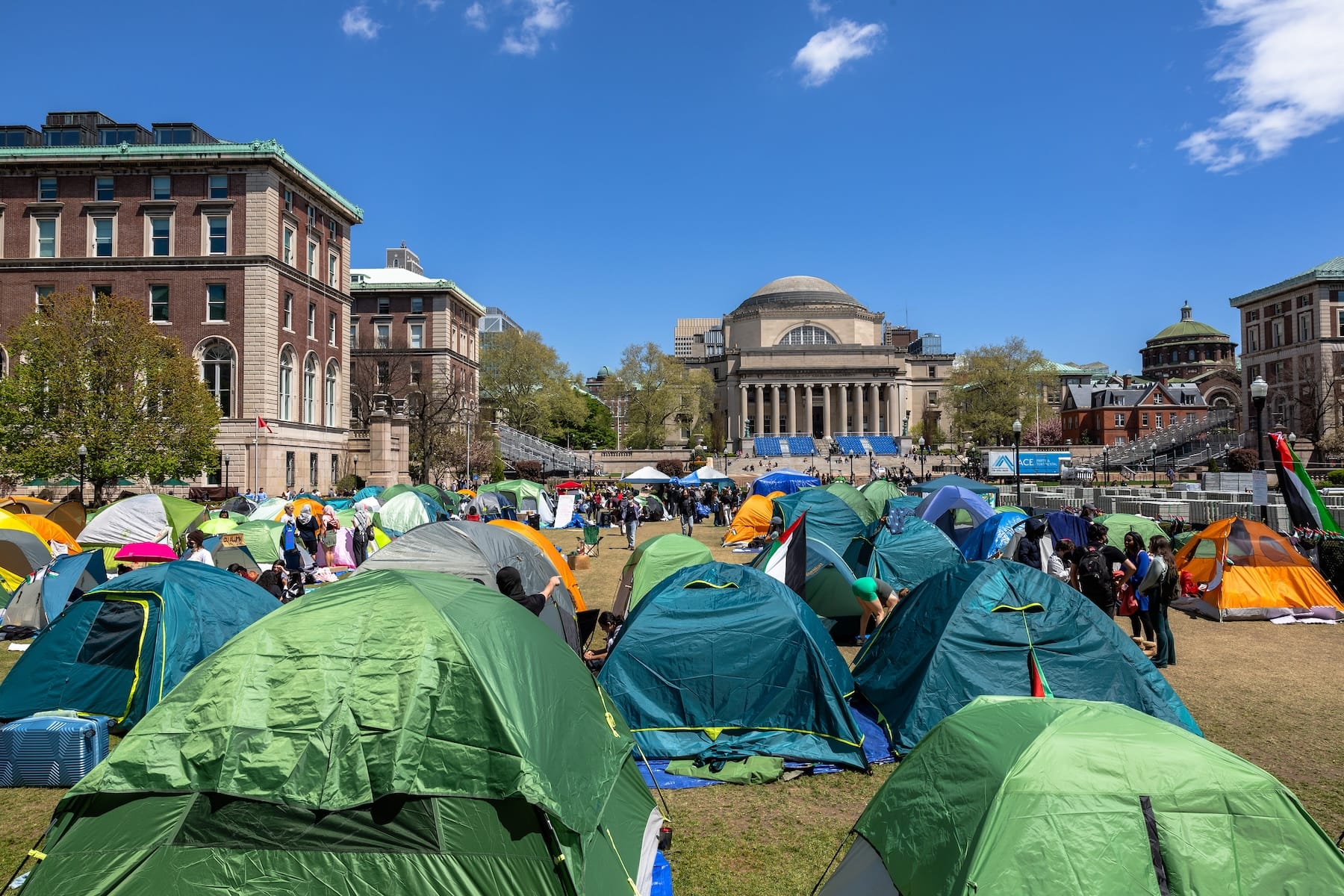
8. Israeli Prime Minister Benjamin Netanyahu then condemned the student protests, calling them “anti-Semitic” and “horrific”
Israeli Prime Minister Benjamin Netanyahu has strongly condemned the student-led pro-Palestinian protests against Israel’s war on Gaza taking place across various university campuses across the United States, calling them “antisemitic” and “horrific”.
In a statement on April 24, Netanyahu took aim at the wave of protests that have swept across college campuses in the US in the last few weeks, calling the student protesters “antisemitic mobs” who are “calling for the annihilation of Israel” and “attacking Jewish students and faculty.”
He went so far as to draw parallels between the current protests and the rise of Nazism in 1930s Germany, stating that the “situation unfolding in America’s college campuses is horrifying.”
9. The US blocked a draft resolution that would have made Palestine a permanent member of the UN
The United States has vetoed a draft resolution at the United Nations Security Council that would have granted Palestine the opportunity to become a permanent member state of the United Nations.
Palestine has been seeking full UN membership since 2011, but the US has consistently opposed such efforts.
Palestine was granted the status of a non-member observer state by the UN General Assembly in 2012, which is a de facto recognition of statehood.
However, if Palestine wants to become a full UN member, it needs to apply for approval from the Security Council, and the application needs to be passed by at least two-thirds of the General Assembly.
The latest draft resolution, which was backed by 140 countries recognizing Palestine as an independent state, recommended to the 193-member UN General Assembly that “the State of Palestine be admitted to membership” meaning to become a full member.
However, the US vetoed the resolution on Thursday March 18, saying Palestinian membership needs to be the outcome of negotiations between Israel and Palestine, making it the only member of the 15-member council to vote against the resolution.
12 members including Russia, China, France, and Japan, voted in favor, while the UK and Switzerland abstained.
The US deputy UN Ambassador Robert Wood said that the vote “does not reflect opposition to Palestinian statehood”, adding that the US “strongly supports” a two-state solution.
10. McDonald’s is buying back its franchises in Israel after people started boycotting it for supporting Israel’s war on Gaza
McDonald's is buying back its franchises in Israel after people started boycotting it for supporting Israel’s war on Gaza.
After Israel declared war on Hamas in October, Alonyal, the Israeli company operating McDonald’s in Israel, announced it was donating free meals to the Israeli military.
The decision sparked global protests and boycotts.
In January, McDonald's CEO said due to Israel’s ongoing war on Gaza, its business was being “meaningfully impacted” in several Middle Eastern markets, as well as other regions.
On Friday, April 5, McDonald’s announced that it will buy its Israeli stores back from Alonyal Limited.
11. A new report revealed that Israel provided “safe passage” for the Palestinian paramedics sent to rescue 6-year-old girl Hind but killed them all anyway
A new report has revealed that Israel provided “safe passage” for the Palestinian paramedics sent to rescue six-year-old girl Hind but killed them all anyway.
Israel’s military had said in a statement that Israeli soldiers were "not present near the vehicle or within firing range”.
However, an investigation by The Washington Post has revealed that Israeli armored vehicles were actually present in the area, and that gunshots were heard in Hind’s phone call.
The report also found that the ambulance sent to rescue Hind had been traveling along a "safe route" provided by an Israeli military unit.
The head of the unit told The Washington Post that the Red Crescent had "coordinated everything” with the Israeli military, although it was "not aware" of the details.
However, the Israeli military has denied this, saying that the Red Crescent did not coordinate with the unit and reiterated that its troops were not present near the scene.
12. Three young displaced Palestinian couples got married in Rafah despite Israel’s continued attacks
Three young displaced Palestinian couples decided to celebrate their wedding despite the continuing war in Gaza.
A video shared on social media showed a heartwarming event that took place at Al-Quds school in Rafah, where three young Palestinian couples got married despite Israel’s war on Gaza.
The grooms can be seen walking their brides, who were wearing “thobes” – traditional Palestinian dresses – surrounded by dozens of displaced Palestinians sheltering at Al-Quds school.
Al-Quds school, which is crowded with Palestinians who have been forced from their homes, was filled with happiness, songs and dance.
The wedding ceremony brought a moment of happiness and joy, consoling all the displaced at Al-Quds school during the war.
More On Israel's War On Gaza
